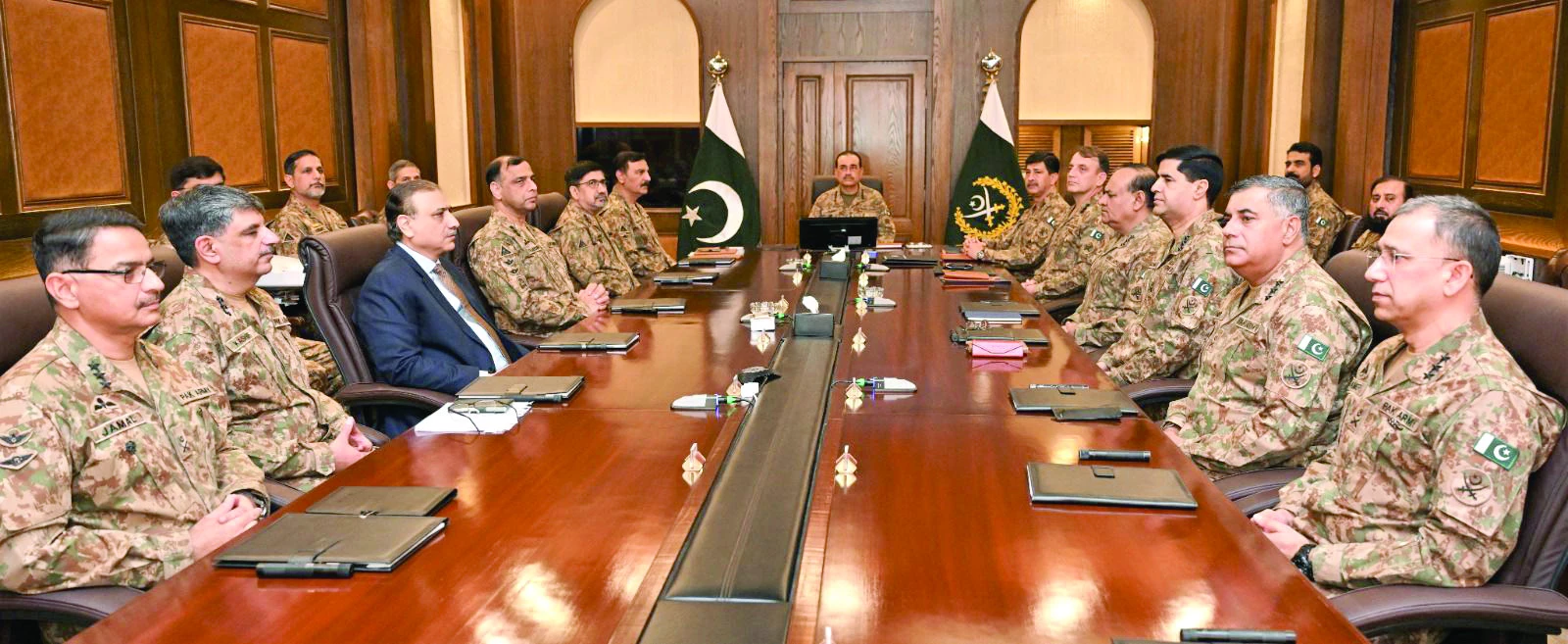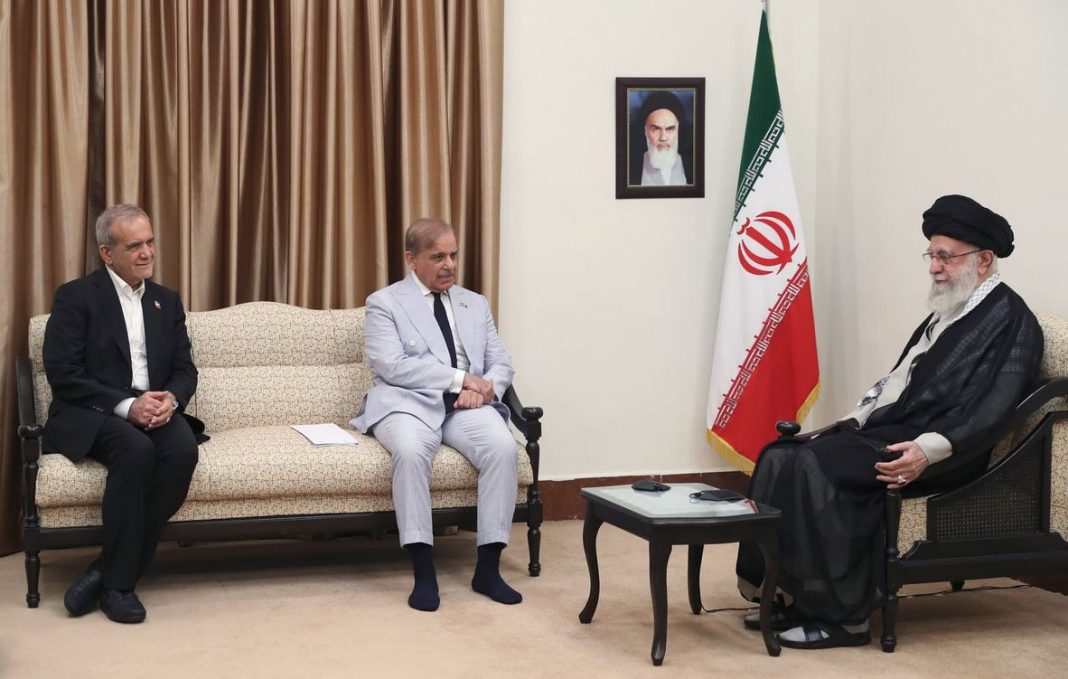Pakistan’s top military leadership on Friday delivered a stern warning to India, declaring that any attempt to impose war would be met with a decisive and resolute response.
The statement came following a special Corps Commanders Conference chaired by Chief of Army Staff (COAS) General Syed Asim Munir at the General Headquarters in Rawalpindi. The meeting was convened in response to rising tensions with India, which has threatened cross-border military strikes after blaming Pakistan for the April 22 attack in the Pahalgam area of Indian Illegally Occupied Jammu and Kashmir (IIOJK) that killed 26 tourists.
Islamabad has strongly denied any involvement in the attack and has offered to participate in a “neutral, transparent and credible” investigation. The proposal received backing from China and other nations, while the United States adopted a balanced stance. US Secretary of State Marco Rubio held separate calls with Pakistani Prime Minister Shehbaz Sharif and Indian External Affairs Minister S. Jaishankar, urging restraint from both sides.
According to the military’s media wing, Inter-Services Public Relations (ISPR), the commanders conducted a comprehensive analysis of the current geo-strategic environment, particularly the Pakistan-India standoff and broader regional security dynamics.
READ MORE : India Blocks Pakistani Digital Content Post-Pahalgam Attack
The forum reaffirmed the armed forces’ unwavering resolve to defend Pakistan’s sovereignty and territorial integrity against any form of aggression. General Munir praised the professionalism, morale, and preparedness of the military, emphasizing the need for enhanced vigilance and readiness across all operational domains.
Expressing serious concern over India’s intensifying actions in IIOJK, the commanders condemned the continued targeting of civilians along the Line of Control (LoC). They warned that these unprovoked and inhumane actions would be met with a proportionate and firm response.
The forum also criticized India’s pattern of exploiting crises to achieve political and military objectives, pointing to the 2019 Pulwama incident and the subsequent revocation of Article 370 in Kashmir as precedent. The recent Pahalgam attack, it suggested, appears to be another attempt to distract Pakistan from progress on its western front and economic recovery.
ISPR described the Indian strategy as a diversionary tactic intended to provide operational breathing space to proxies and to destabilize Pakistan’s internal security and development.
While reiterating Pakistan’s commitment to peace and regional stability, the military warned that any aggressive move would trigger a sure and decisive counter-response. The forum also accused India of attempting to undermine the Indus Waters Treaty, calling efforts to weaponize water a dangerous provocation that could impact over 240 million Pakistanis and worsen regional tensions.
Furthermore, the forum expressed alarm over credible evidence linking Indian intelligence and military elements to terrorist activities inside Pakistan, labeling such state-sponsored operations as violations of international law and norms.
The meeting concluded with the COAS expressing full confidence in the operational capabilities and deterrent strength of Pakistan’s armed forces to meet all forms of threats and ensure the defense of the nation.




